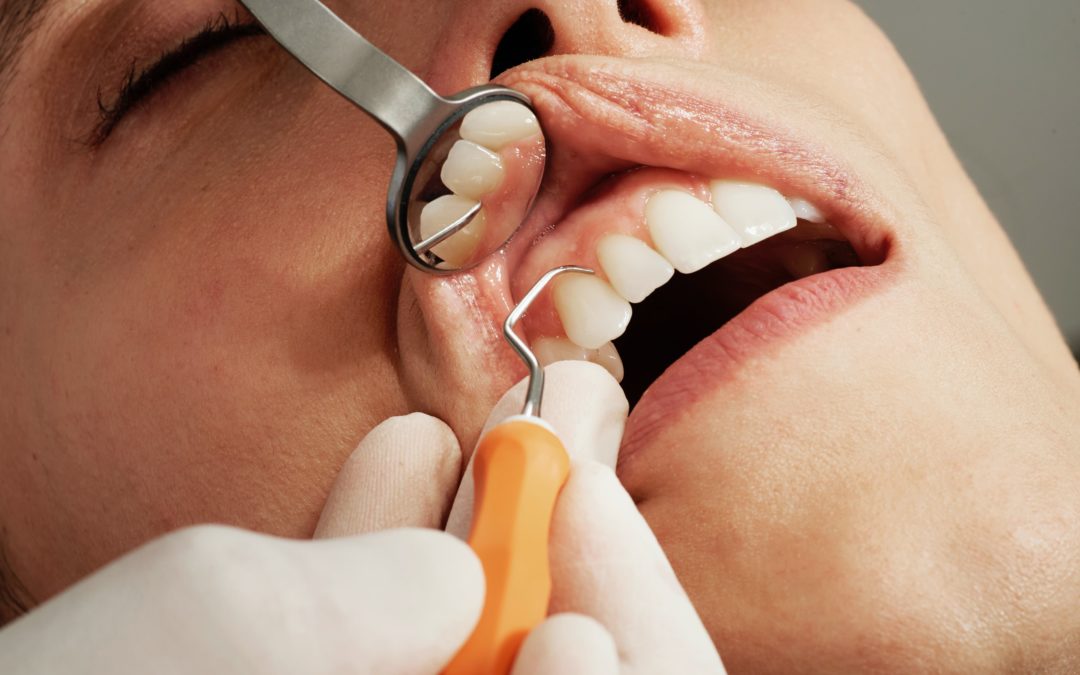What You Need to Know About Periodontal Disease
Periodontal disease, or gum disease, has the potential to cause serious problems for the jaw bone and is the leading cause of tooth loss among adults. According to a CDC report, 47.2% of adults aged 30 years and older have some form of periodontal disease, and periodontal disease increases with age, where 70.1% of adults 65 years and older have periodontal disease. As we would like our clients to start the new year off right, the team at Archbold Family Dental would like you to learn more about periodontal disease such as the causes, warning signs, and ways you can prevent gum disease and protect your oral and overall health.
Causes of Periodontal Disease
Periodontal disease is caused by plaque, the film of bacteria that develops on your teeth. These bacteria release toxins that irritate and inflame the gums. When plaque is not removed daily by brushing and flossing, it hardens to tartar, which can only be removed during a professional dental cleaning.
Different Stages of Gum Disease
In its early stage, gum disease is more commonly known as gingivitis. Despite being preventable, gingivitis is quite common, and if left untreated, it can progress to the more serious condition of periodontitis. Common symptoms of gingivitis include inflamed or red gums that may bleed when brushed.
If gingivitis is left untreated, it can actually lead to a more serious form, called periodontitis. In moderate periodontitis, bone and gum tissue gets destroyed, and loosening of teeth may occur. During its most severe stage of the disease, symptoms get more severe, and extensive dental treatment is required to try to correct the damage of advanced periodontitis.
Some warning signs of periodontal disease include:
- Bad breath
- Red or swollen gums
- Tender or bleeding gums
- Painful chewing
- Loose or sensitive teeth
- Receding gums
There are certain factors that increase the risk for periodontal disease, which may include:
- Smoking
- Diabetes
- Poor oral hygiene,
- Heredity
- Underlying immuno-deficiencies such as AIDS
- Female hormonal changes such as pregnancy
Preventing Gum Disease
It’s important to establish a preventative care routine to prevent gum disease, especially because the effects of periodontitis cannot be completely reversed. Practicing good oral hygiene by brushing and flossing your teeth daily will help remove plaque from your teeth and prevent build-up. We also recommend visiting the dentist at least every six months for a professional dental cleaning to remove plaque and tartar in places that are harder to reach as well as to make sure your oral health is in great condition.
Periodontal disease and tooth decay are the two biggest threats to dental health. If you think you may be showing signs of having periodontal disease or want to stay ahead of the game and prevent the disease from occurring by scheduling a dental cleaning with us.

